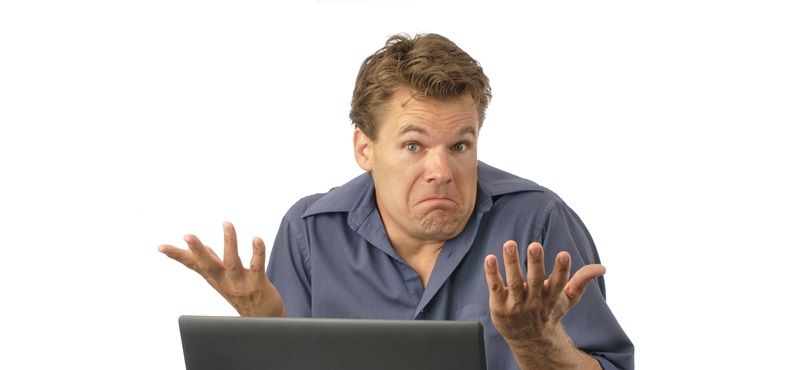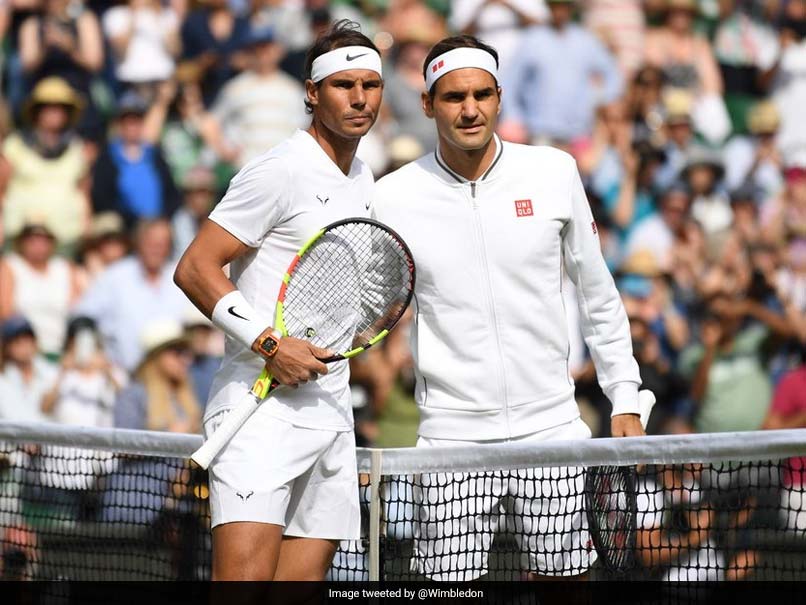|
During a recent virtual keynote, a participant said "I know I want to be more present in conversations, but I don't know how." What? I asked her "Just say you did know how, what do you think you would do?" She said "Well, I guess I could turn off my phone." Good ...what else do you think you could do? "Well, I guess I could look my friend in the eye and actually listen and concentrate on what they are saying". Good, and what else? "I guess I could ask questions about what they're telling me to find out more information."
You see we use "I don't know" as an excuse when we really mean I'm not prepared to, this is too hard, or I don't care, or I don't want to. Or, it's just an easy way to deflect when you want to sidestep a difficult or uncomfortable question. "I don't know" has become such an important part of our vocabulary - it means we won't do the hard work, won't check ourselves and consequently fail to actually think. Do the work. When do you find yourself saying "I don't know", be honest with yourself. More often than not you do you know, you just need to go to work. It doesn't have to be perfect, you just have to do the work. GB
0 Comments
Do yourself a favour in the words of the great Molly Meldrum, and watch "Strokes of Genius" the story of Federer versus Nadal on Netflix. It's gold. The film intertwines Roger Federer and Rafael Nadal's lives with their famed 2008 Wimbledon championship - an epic match so close and so reflective of their competitive balance that, in the end, the true winner was the sport itself. One line that stuck with me was that true masters control time. They control their time, that is how they use every minute. Their rituals, their routines, what they say yes to and what they say no to, the intensity of their training, the focus, what they focus on, is all controlled. Their rituals and routines are so dialled in, it allows them to make better choices about their time and how they will use it. Time is our most precious commodity yet we will waste it on distractions, then complain because we're not heading to work or achieving personal goals. These two champions are so ritualised and disciplined and there's so many great lessons not just for us, but for our children. Once children decide what it is that they truly love, teaching them to make better choices about what they commit to and give away their time to, is certainly a hallmark of the greats. Watch this documentary with a journal... lessons a plenty.
|
|
ABN: 16 079 593 785. Tel: +61 2 9231 5256
Postal Address: 21/4-8 Waters Road, Neutral Bay, NSW, 2089 Australia
Site Design by Bertwistle Holdings. Photography by Sarah-Jane O'Hara


 RSS Feed
RSS Feed